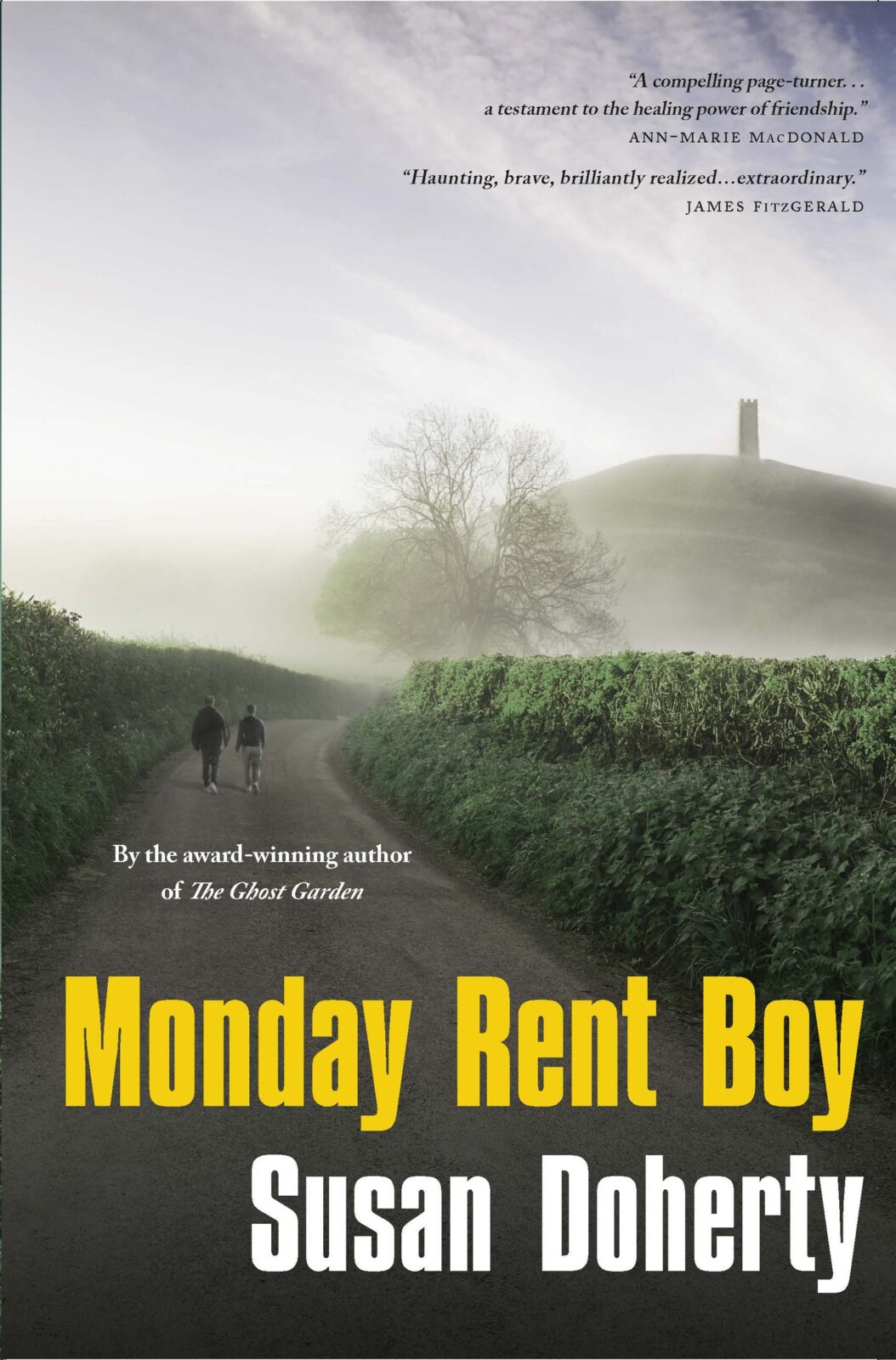Song for My Father
Miriam Packer
Guernica Editions
$15
paper
140pp
1-55071-173-3
Packer is at least a couple of decades younger than Richler, but she also knows this Montreal of the Main and triplexes on St. Urbain, of summer nights where not a breath of air reaches the back bedrooms, and of snowy afternoons when sunset comes far too early. She knows what it’s like to be Jewish, and to be young and driven by sex. Just as importantly, she knows what it’s like to hate your father.
Richler famously did not get on with his parents, and while his later work has several fathers who care a lot about their sons, in his early writing most fathers are fools. Packer’s story is about how a woman starts out despising her father for the way he treated her mother, his lack of ambition, and his acceptance of being a downtrodden immigrant salesman. But by the end of the book she shows us the path to forgiveness, to love, to appreciation of what ordinary people can do when living in a very ordinary world.
Sarah, the narrator, begins with a dark November afternoon when she was eight. The new owner of the corner store, Hank Moore, offers to see her and her sister home from the piano teacher’s house, but this gesture is subverted. In the hallway of their apartment building he offers them candies, as well as showing them a “bruised looking thing” that looks like the sausages hanging in grocery windows.
The girls scream. Then something “even more terrible” happens. They enter the kitchen of their flat to find their mother shouting at their father that she is going to change the locks on the door if he goes out that evening. Nevertheless he leaves, and the association of sex, shame, and insecurity dogs Sarah long after her mother has died, and until her father himself is dying.
Packer has Sarah tell her story in thirteen chapters, each broken up into small, intense, sometimes poetic episodes. Sarah’s sexual encounters are particularly striking, which is fitting because sex is at the centre of the book. Not only does an uncle molest Sarah once her parents separate, but she uses her body to ensnare a young man so she can marry and get out of the house. She also craves the things that Cliff did to her in the darkness of the shed behind her childhood home – Cliff, who was black, and funny, and married already.
Packer almost falls into the trap of equating black men with dangerous sex – a black musician rapes Sarah and gets her pregnant – but she finishes her book with a picture out of an idyll where a black man and his black wife live in her family’s old place. They are a kind, responsible couple with charming children, and don’t hesitate to take in Sarah’s father when, confused and ailing, he wanders back to the flat where he lived with his wife and daughters so long before.
That Packer invents characters like this is to her credit on a personal level, because she obviously has worked hard to make peace with ghosts that haunt a lot of people. Things are often not what they seem, she is saying. Richler probably would have agreed about that. His harsh eye saw deeply and he recorded things that few dared mention before. Therein lies his originality.
Packer is not original: in Song for My Father she is working in familiar territory. But what she sees and how she reports it in this short book are not without interest. mRb






0 Comments